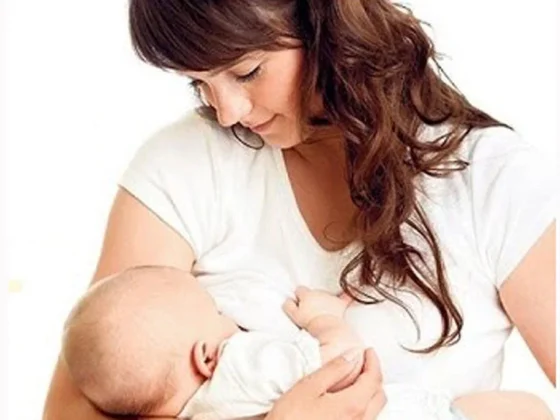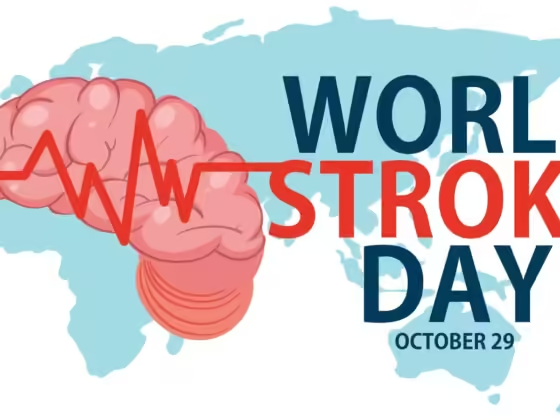Devastating Floods Impact Vulnerable Communities
In the aftermath of the recent floods in Assam, communities are grappling with the devastating consequences of the disaster. Amidst the humanitarian crisis, it is the children and women who bear the brunt of the challenges. Among the numerous struggles they face, adolescent girls and women find themselves dealing with an additional hardship – the lack of access to proper menstrual hygiene.
Menstrual Hygiene, A Critical Need in Crisis
As floodwaters engulfed homes, and relief camps became a temporary haven for displaced families, many girls like fifteen-year-old Parishmita Das were left without access to essential sanitary napkins. Forced to resort to unhygienic alternatives during their periods, these vulnerable individuals face an uphill battle in maintaining their menstrual health. The lack of proper facilities and supplies in relief camps has exacerbated their plight, leaving them vulnerable and at risk.
Neglecting Menstrual Needs in Disaster Relief
During humanitarian crises, the focus often revolves around providing safety, food, clothing, and medicine. Unfortunately, menstrual hygiene for girls and women tends to be overlooked, leaving them without access to basic menstrual care. Consequently, they not only face the challenge of managing their periods without proper resources but also cope with the lack of clean clothing during this critical time.
The Crisis of Menstrual Hygiene Access
Disturbing data reveals that only about 66.3% of women between 15-24 years in Assam have access to hygienic menstrual products. This shocking statistic highlights the urgent need to address the issue of menstrual hygiene accessibility, especially in times of disasters like the recent floods. The lack of access to sanitary products can lead to severe health implications for these young girls and women.
The Call for Increased Awareness and Support
With schools, which usually provide menstrual hygiene supplies and education, now functioning as relief camps, girls are left without access to the necessary products. This dire situation may lead to negative coping strategies, such as resorting to using old fabric or newspapers during their periods, further compromising their health and well-being. There is an urgent call for increased awareness and support to address this critical issue.
A Pluralistic Effort to Ensure Menstrual Health
To combat the annual suffering of menstruating individuals in the state, comprehensive measures are required. Initiatives such as installing sanitary pad vending and disposal machines at flood shelters can play a significant role in ensuring access to menstrual hygiene products. Organizations like Save the Children are stepping up their humanitarian response in the most impacted districts, aiming to provide support and dignity kits containing sanitary napkins to affected families.
Breaking the Stigma Surrounding Menstruation
Beyond immediate disaster response, it is essential to increase awareness about menstrual hygiene and break the stigma surrounding menstruation. Governments, civil society organizations, and stakeholders must collaborate to prioritize menstrual health throughout the year, not just during crises. It is time to empower girls and women by ensuring they have access to menstrual hygiene products and education, even in the face of disasters.










